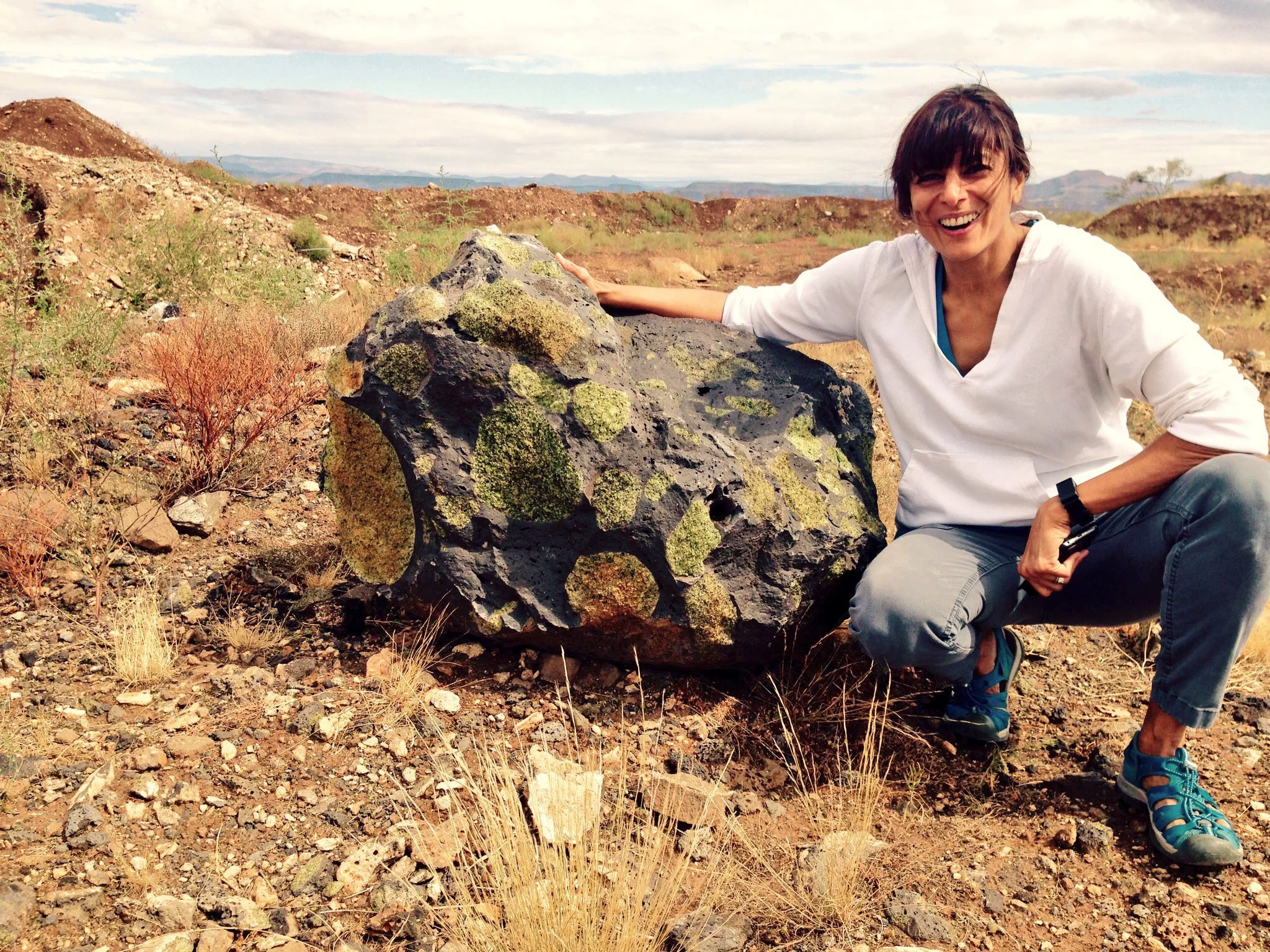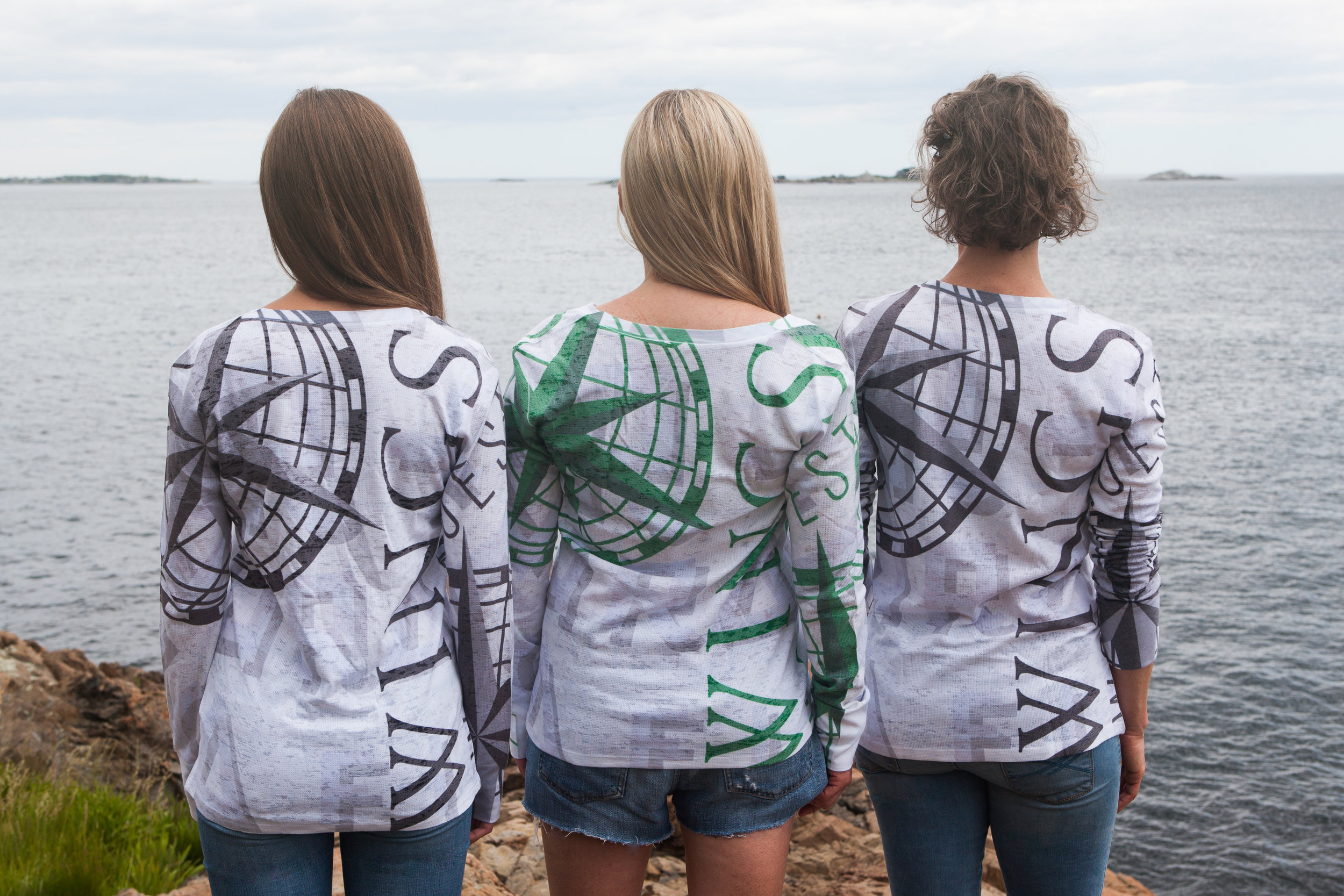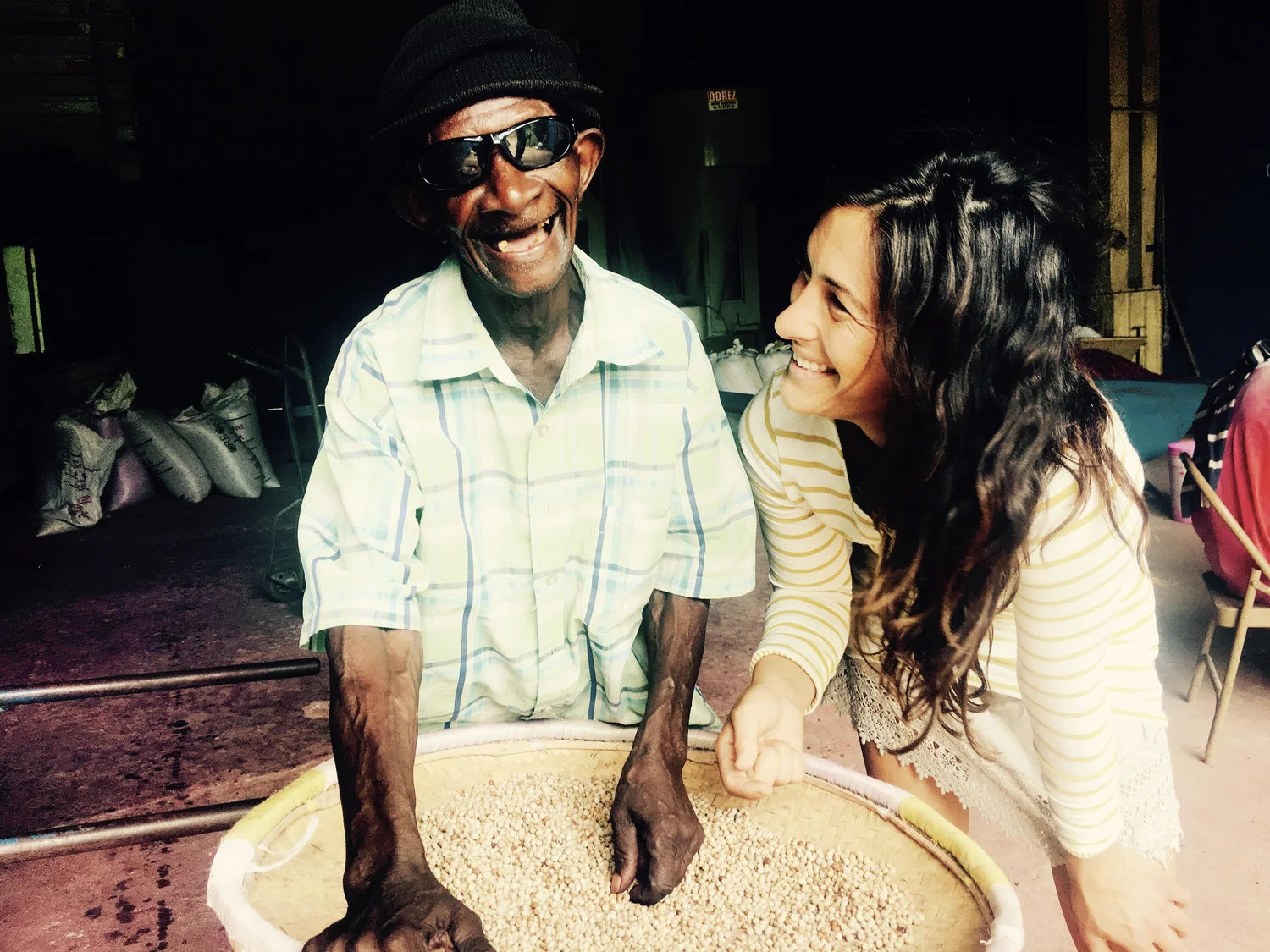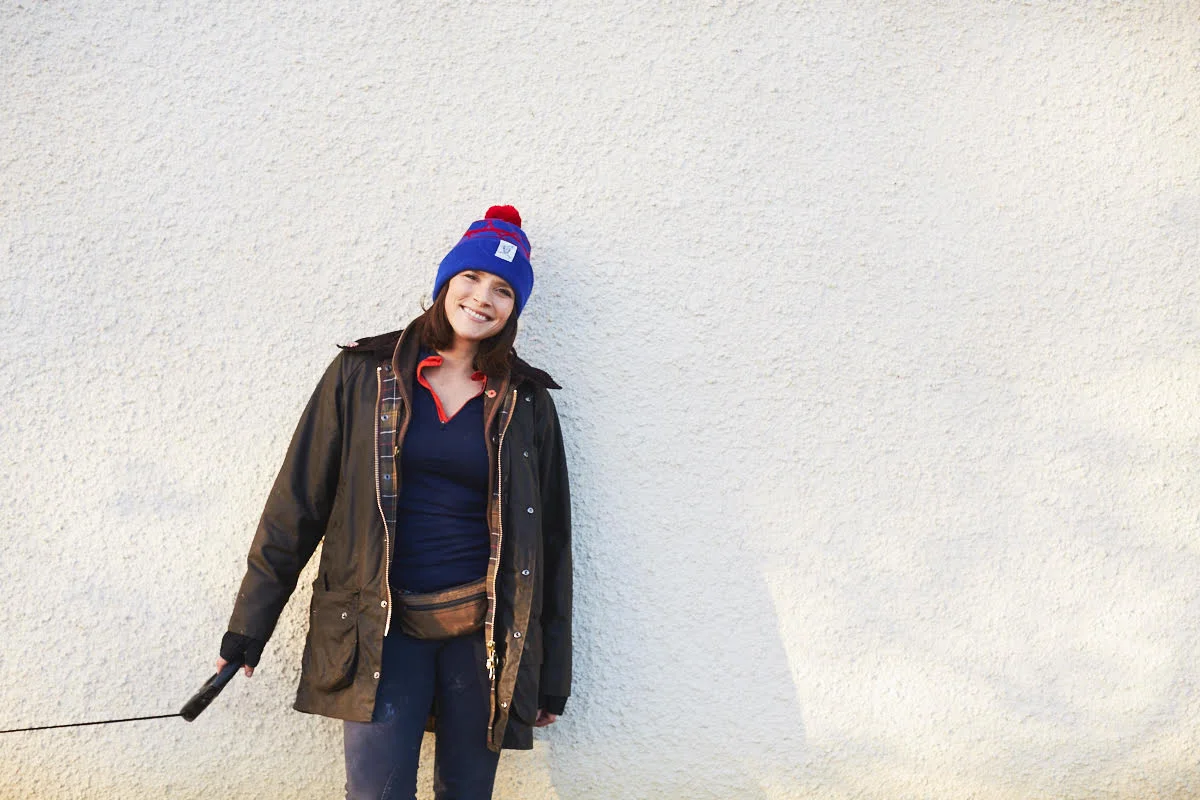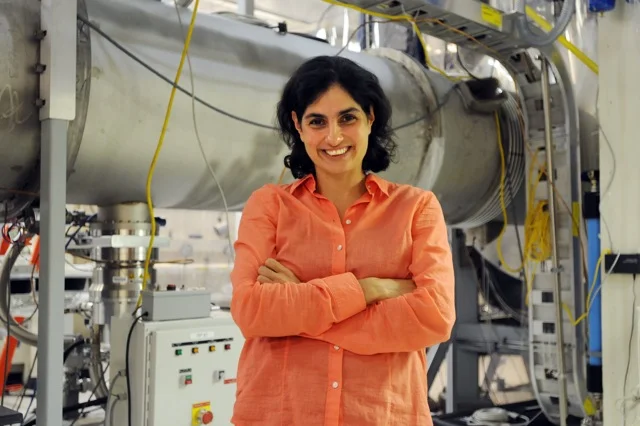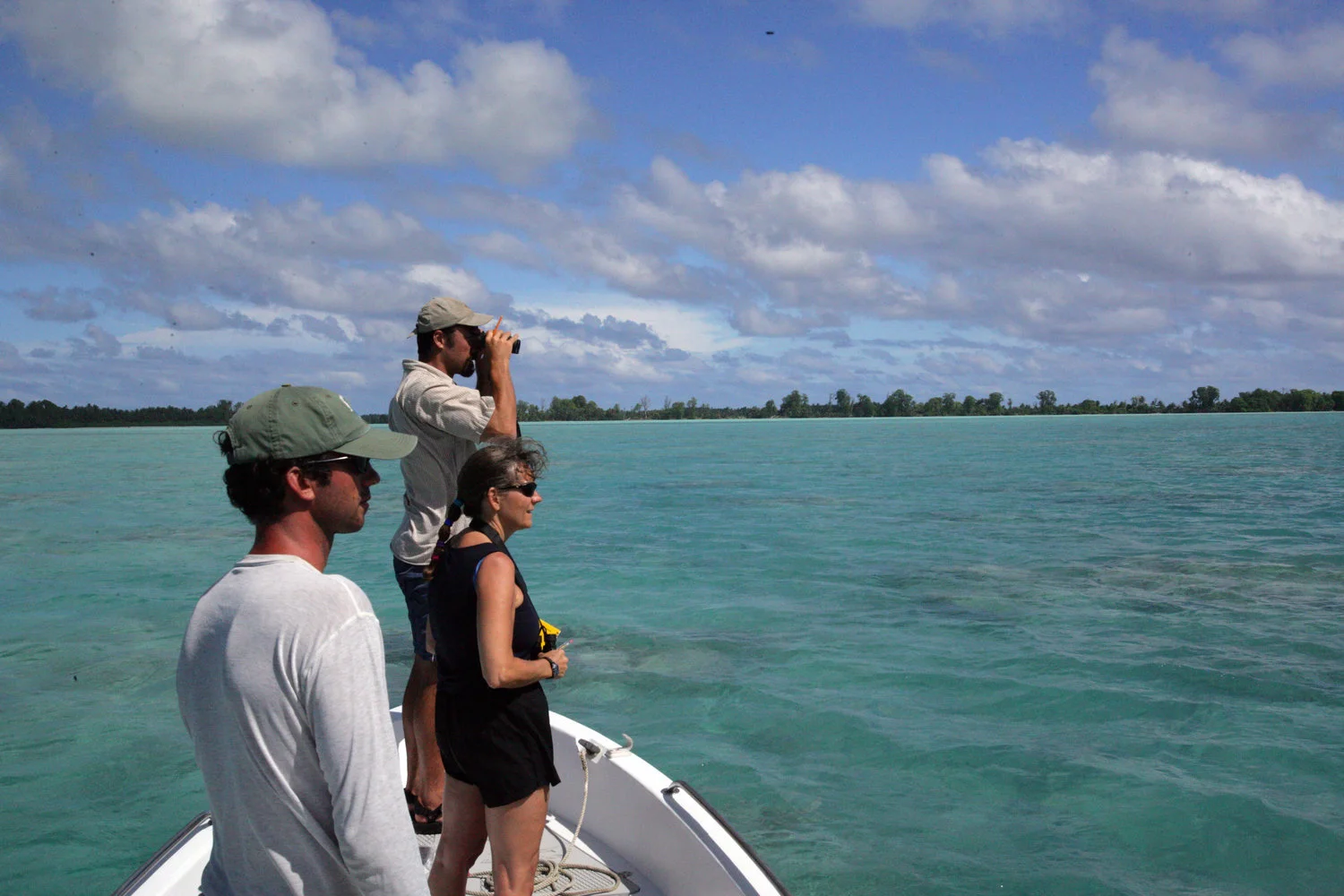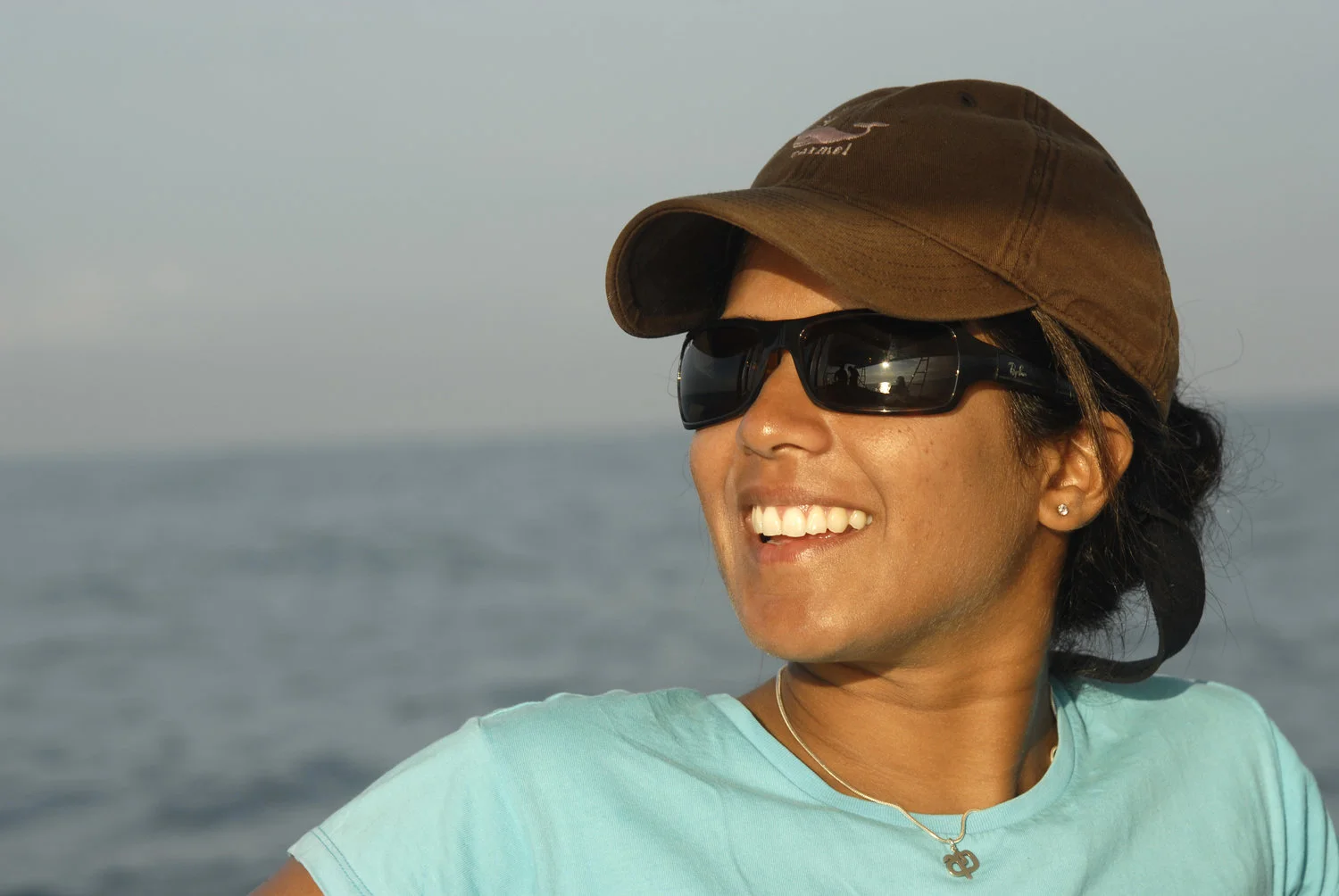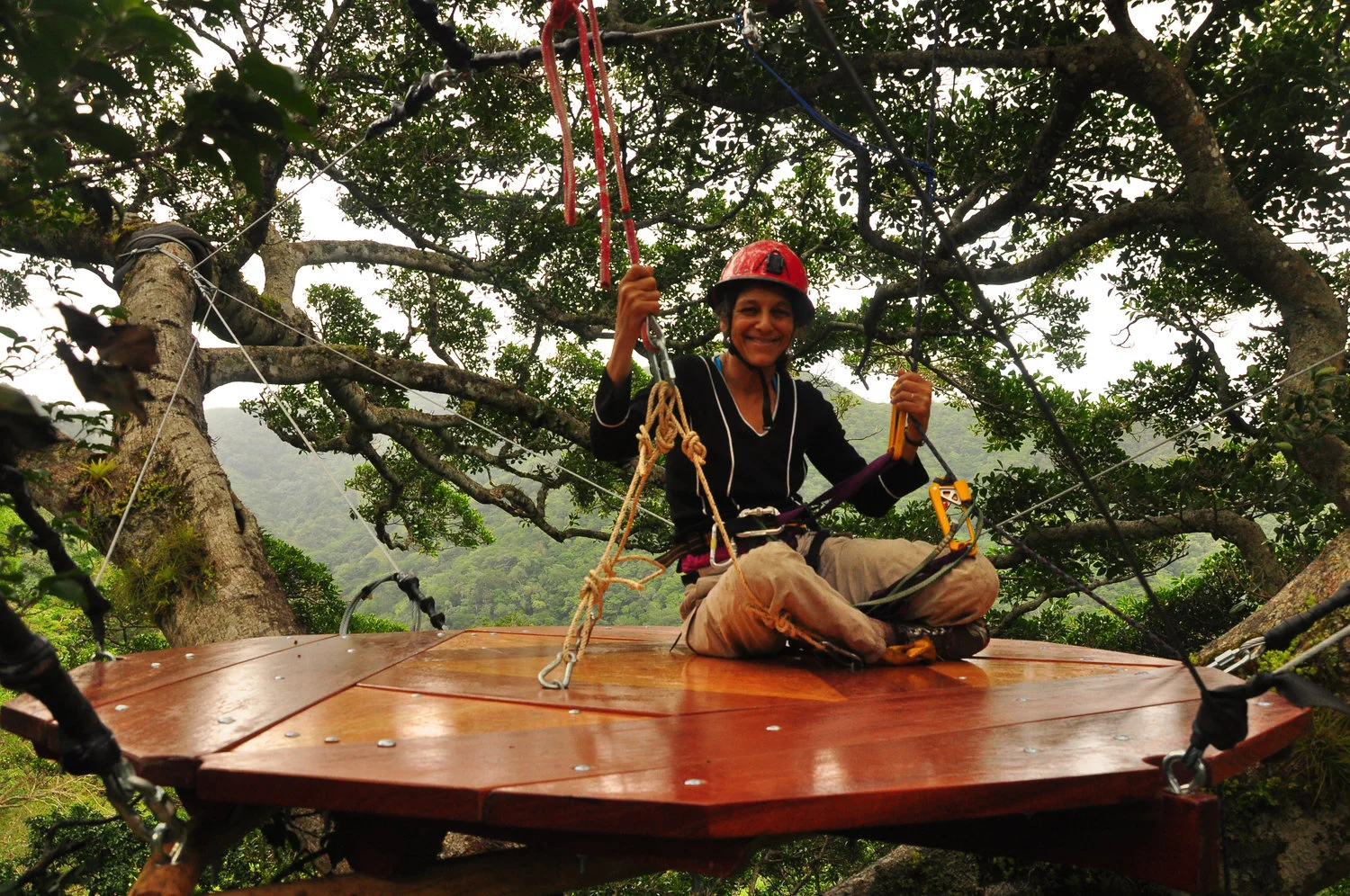Planetary scientist Meenakshi Wadhwa won the WINGS WorldQuest Air & Space Award in 2003. In the 16 years since then, she was awarded a Guggenheim Fellowship, became the Director of the Center for Meteorite Studies and Professor in the School of Earth and Space Exploration in Arizona – and survived a near-fatal car accident while on expedition in Iceland. We spoke with Meenakshi about her career, her recovery, and the challenges that still lie ahead for women in science.
Read MoreAldabra, located in the Seychelles archipelago off the coast of East Africa, is the second largest coral atoll in the world. The World UNESCO World Heritage site is home to rare biodiversity – including two-thirds of the world’s giant tortoise population.
Although Aldabra is fairly remote – 265 miles from the nearest shore – large amounts of plastic pollution have accumulated along the shore of the atoll, carried by currents of wind. The giant tortoises have been seen ingesting plastic, birds have been entangled in fishing line, and nesting endangered green turtles are facing the plastic as a barrier to their nesting sites.
Read MoreIf you’re on a quest to find the perfect, unique gift for a loved one (or for yourself!), we’ve got you covered with the 2018 WINGS WorldQuest Holiday Gift Guide.
From our Fellows' latest books to social-impact fashion, home products and coffee, there’s something on the list for everyone.
Read MoreSeeds are a powerful part of conservation. The plants they produce are used in cultural ceremonies, medicine and food preparation, and they feed local fauna. If you preserve seeds, you are preserving cultural heritage, according to Sefra Alexandra, also known as the “Seed Huntress.”
“Seeds, tiny, living embryos, are kind of the most boiled-down, salient aspect of conservation if you’re looking at specific ecosystems wherever you are,” she explained.
Read MoreJaney McGill, along with a group of Anglo-Omani women, will carry the WINGS flag across 1,000 km of Oman’s Rub’ Al Khali, a desert in the Arabian Peninsula that spans four countries.
McGill, who spent four years as a soldier in the British Army’s Honourable Artillery Company, sees the trek is a physical journey, but also an opportunity to address stereotypes. Her goal is to encourage understanding, acceptance and respect for cultural and gender differences and identities.
We spoke to Janey to learn more about her plans for the expedition and how she anticipates her military training will help her.
Read MoreNergis Mavalvala is the associate head of the Department of Physics and the Curtis and Kathleen Marble Professor of Astrophysics at MIT. She is a physicist whose research focuses on the detection of gravitational waves from violent events in the cosmos that warp and ripple the fabric of spacetime. She is part of the scientific team that in early 2016 announced the first direct detection of gravitational waves from colliding black holes using the Laser Interferometer Gravitational-wave Observatory (LIGO) detectors. She will receive our Air & Space Award.
Read MoreDr. Eleanor Sterling is the Jaffe Chief Conservation Scientist at the Center for Biodiversity and Conservation at the American Museum of Natural History. She has interdisciplinary training in biological and social sciences and has over 30 years of field research and community outreach experience with direct application to biodiversity conservation in Africa, Asia, Latin America, and Oceania. She will receive our Humanity Award.
Read MoreDr. Asha de Vos is a Sri Lankan marine biologist, ocean educator and pioneer of blue whale research within the Northern Indian Ocean. De Vos founded Oceanswell, Sri Lanka’s first marine conservation research and education non-profit. She will receive our Sea Award.
Read MoreFor three decades, Dr. Nalini Nadkarni has used mountain-climbing techniques, construction cranes, and hot air balloons to explore life in the treetops of Costa Rica and the Pacific Northwest, documenting biota that are rarely or never seen on the forest floor. She also studies the effects of forest fragmentation on biodiversity, and has published over 110 scientific articles and three scholarly books. She is a Professor of Biology at the University of Utah, and her research has been supported by over 40 grants from the National Science Foundation and the National Geographic Society. She will receive our Lifetime Achievement Award.
Read More

